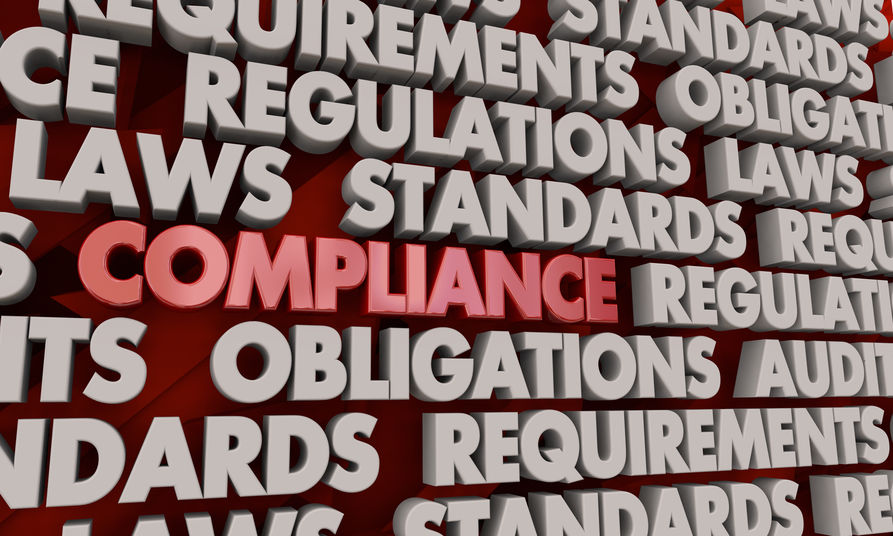National governments in the developed world have a nearly unlimited ability to borrow or print money in the short term, which helps during economic crises and wartime. Governments in the United States and Europe have been doling out trillions of dollars during the Covid-19 pandemic to sustain the private economy.
The global warming alarmist industry in the U.S. and abroad is exploiting this crisis to mandate climate initiatives on companies as a condition of receiving government bailouts, which themselves are designed to sustain workers’ livelihoods. Accordingly, while millions of workers worldwide remain unemployed as the pandemic and economic recession linger, governments primarily in the European Union are forcing a dubious, high-cost environmental agenda on companies.
The Bloomberg New Energy Finance reported in June that the world’s top 50 economies have pledged nearly $600 billion for climate initiatives such as electric vehicle production, and greater use of “clean energy” technologies such as wind, solar and battery storage. The EU announced it would earmark one quarter of its recovery subsidies to climate initiatives.
Force-feeding inefficient, costly energy sources and expensive electric vehicles in low demand is a colossal waste at the worst time, when there remains a global public health emergency and more people need to return to work. But jobs and economic growth have never been the priorities of climate change alarmists in and outside of government. If imposing “clean” energy mandates and blocking more efficient and cheaper fossil fuels results in ordinary citizens paying higher prices or being unemployed, it’s worth it to the climate alarmist industry. Human collateral damage in pursuit of a Green planetary nirvana is a price worth paying.
This perverse agenda did not begin with the pandemic. Michael Shellenberger’s new book, Apocalypse Never, includes a discussion of international agencies like the World Bank imposing loan conditions on countries in the developing world to produce boutique “renewable” energy. Yet, these poverty-stricken nations have millions of people with no running water or electricity, and burning wood for fuel. They need more practical and efficient hydropower and fossil fuel development to raise living standards.
Here in the U.S., the federal government has spent trillions of dollars during the Covid-19 emergency to sustain private sector businesses and keep Americans employed, without the climate policy conditions imposed in Europe. The absence of climate mandates is not for lack of trying. Democratic presidential nominee Joe Biden, House Speaker Nancy Pelosi and other Party leaders sought to impose carbon emissions on airlines and enlarge tax credits for wind and solar projects (as though they didn’t have enough existing taxpayer subsidies).
Despite an unprecedented modern economic downturn, Pelosi, Sen. Bernie Sanders and Rep. Alexandria Ocasio-Cortez have bigger priorities – saving planet Earth, as they imagine. CFACT recently reported on the Democrats’ latest unveiling of their environmental agenda, modestly entitled “Solving the Climate Crisis,” which included electricity mandates to power transportation and industry, along with a plethora of other immodest goals. The impracticality and resulting job losses are papered over.
Many Republican politicians, too, are bought into this reduce-carbon mania by 2050 with something they named the “American Climate Contract,” albeit not as onerous on the economy as the Democrats’ plan.
Still, the idea of a carbon-free America in three decades hence solves what exactly? Might it lower average global temperature by a degree or two? No one really knows, but that’s not stopping the expenditure of billions of dollars – and demanding trillions more – over decades for this phantom pursuit. Instead, the assumptions of a carbon-free energy sector should be challenged on its efficacy and necessity.
Which brings us back to government bailouts, specifically, the billions and trillions of dollars being churned out today and proposed in the coming years. While the U.S. and other nations continue this unprecedented spending spree, such a pace cannot continue once the pandemic dissipates.
Following World War II, the U.S. ceased adding to the enormous debt it built up to win the conflict and help allies and former enemies rebuild. The U.S. may spend three to four trillion on fighting the pandemic this year, but it cannot borrow and print the same annually to impose a Green New Deal — inflation and economic chaos would surely follow as it always has historically.
Rather than climate subsidies and mandates, the priority for governments should be full private sector employment and growing our economies again as we get passed the pandemic. Economic prosperity and improved living standards on a global level are the surest, most realistic way to a cleaner environment and reduced carbon emissions.
